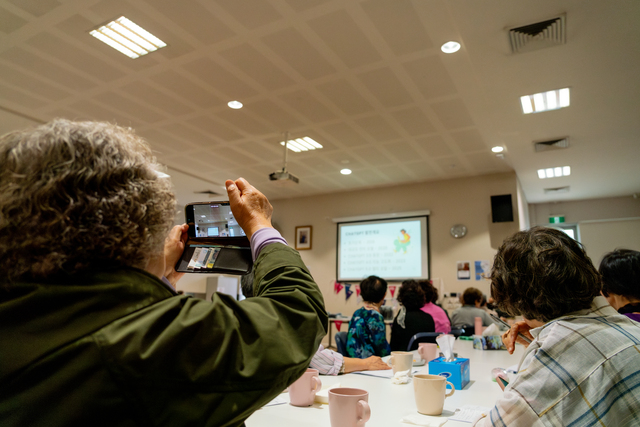More than 7500 jobs were saved in Brimbank, due to the JobKeeper payment, according to new data released by Brimbank council.
The council’s COVID-19 response and recovery strategy progress report, which looked at the impact of the pandemic on Brimbank for the past 12 months, showed the municipality would have lost more than 11,000 jobs if the federal government payment was not introduced.
The figures, from the National Institute of Economic and Industry Research, stated there were 3681 less jobs in Brimbank at the end of the September quarter in 2020, compared to the same time 12 months beforehand.
If not for JobKeeper, there would have been 11,412 jobs lost, a drop of 12.8 per cent from the previous 12 months, according to the research.
The three industries most affected in the September quarter were retail trade, construction and accommodation and food services.
“JobKeeper has been effective in supporting employment for people in Brimbank and protecting the operations of industry groups hardest hit by COVID-19 restrictions,” the report states.
“JobKeeper has also protected the operations of industry groups hardest hit by COVID-19 restrictions. There is understandable concern around the effect in Brimbank when JobKeeper ceases at the end of March.”
Research figures suggest that Brimbank residents who work outside of the municipality, lost jobs at a greater rate than those who worked within the municipality.
The report also found that the number of people in Brimbank receiving the JobSeeker payment in January was 11.3 per cent, up from 7.1 per cent in March last year.
Currently, 7.6 per cent of all people in Victoria receive JobSeeker.
St Albans and King Park have the highest percentage of people receiving JobSeeker in the municipality, but there was an increase in JobSeeker recipients in all suburbs.
The report stated that not all the impacts of the pandemic are yet to be felt by Brimbank residents and it would have a prolonged effect on many people.
“Particular groups – young people, women and migrants – have been more profoundly affected by unemployment, creating short-term economic shocks and future uncertainty.
“Industries that have a significant footprint in Brimbank were amongst the worst affected.
“Measures that reflect vulnerability in the local population are high in Brimbank. Many issues that contribute to disadvantage were made worse during 2020 by COVID-19 and have had an acute impact on people already affected by unemployment, low income and minimal savings to protect them from economic shocks, reliance on insecure or precarious and casual employment (no sick leave, no guarantee of future work).”
The council is set to table a refreshed council COVID-19 strategy and advocacy strategy, to help guide it in its response to the pandemic going forward.







